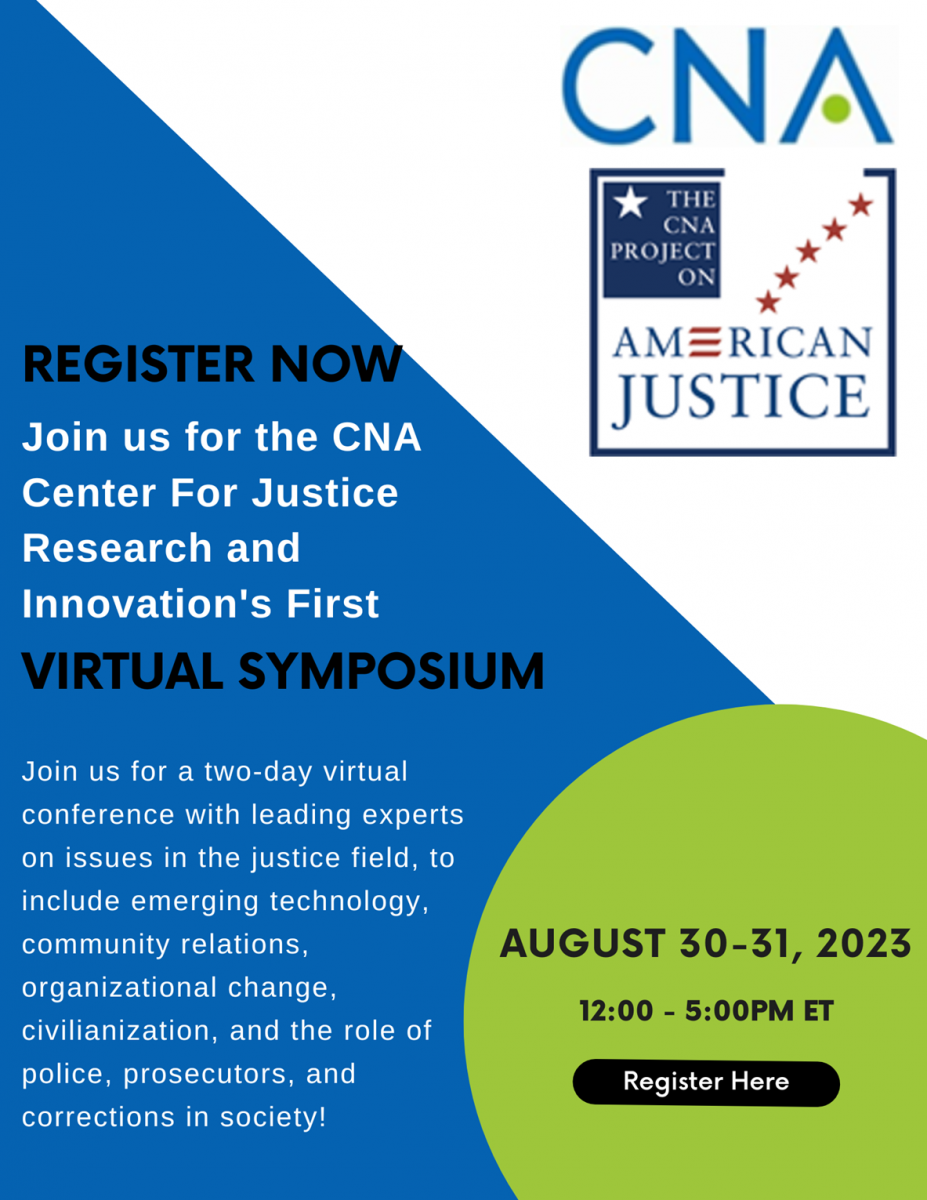Field Wide Webinar: FY23 JMHCP and C & P New Grantee General Orientation Part 1: JMHCP and C & P Grant and TTA Overview
In this webinar, CSG Justice Center and Bureau of Justice Assistance (BJA) staff provided newly awarded grantees with an overview of BJA, the CSG Justice Center, behavioral health diversion and reentry strategies, the Justice and Mental Health Collaboration Program (JMHCP), Connect & Protect (C & P), and training and technical (TTA) assistance. Staff also gave critical context about people with behavioral health needs in the criminal justice system.
